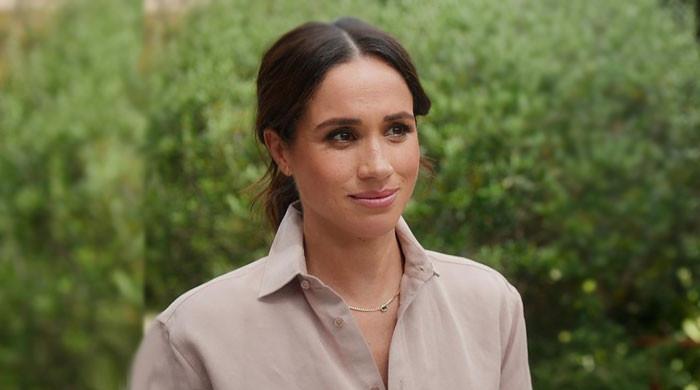Forest Living for 3 Years: Longevity Researcher Claims a Decade Lost From Biological Age & Family Thrives
David Furman, a leading researcher in the field of longevity and inflammation, made a bold move to test his own theories: he and his family spent three years living in a remote forest setting. His goal? To see if drastically reducing stress and embracing a simpler lifestyle could impact his biological age. And the results, he claims, are astounding – a potential decade shaved off his biological age, alongside a surprisingly positive experience for his entire family.
The Pursuit of Longevity: Furman's Research
Furman's work centers around understanding the biological processes of aging and the role of inflammation. He's long advocated for lifestyle interventions, such as diet and exercise, to combat age-related decline. However, he wanted to take it a step further. “I’ve spent years studying aging, and I realized I wasn’t really *living* the lifestyle I was advocating for,” Furman explained in a recent interview. He believed that the constant pressures of modern life – work, technology, social media – were contributing to chronic stress and inflammation, accelerating the aging process.
The Forest Experiment: A Radical Shift
To truly test his hypothesis, Furman uprooted his family – his wife and two young children – and relocated to a secluded forest cabin. They intentionally minimized technology, embraced self-sufficiency (gardening, foraging, basic repairs), and prioritized connection with nature. The experience was far from luxurious; they faced challenges like limited electricity, unpredictable weather, and the general discomfort of living off-grid. Yet, Furman meticulously tracked his health metrics throughout the three years, including blood markers, hormone levels, and cognitive function.
Astonishing Results: A Decade Younger?
The data, according to Furman, revealed a remarkable trend. His biological age, as measured by epigenetic clocks (which analyze DNA methylation patterns to estimate age), appeared to have reversed significantly. “We saw a consistent pattern of age reversal across multiple biomarkers,” he stated. While acknowledging the need for further research and peer review, Furman believes he successfully demonstrated the potential for dramatic age reversal through lifestyle changes. He estimates he regained approximately a decade of biological youth.
Family Dynamics: A Surprising Success
Perhaps even more surprising than Furman’s personal results was the positive impact on his family. Initially, his wife was hesitant about the drastic change. However, she quickly adapted and thrived in the slower pace of life. His children, far from missing their friends and gadgets, developed a deep appreciation for nature and a sense of independence. “They learned resilience, resourcefulness, and a connection to the natural world that’s increasingly rare in today’s society,” Furman shared. “It was a truly transformative experience for all of us.”
Implications and Future Research
Furman’s experiment provides compelling evidence that lifestyle interventions can have a profound impact on biological aging. While living in the forest isn’t a feasible option for most people, the principles behind his approach – reducing stress, connecting with nature, prioritizing simplicity – are readily applicable. Furman is now focusing on identifying the specific mechanisms driving these age-reversing effects and developing more accessible lifestyle programs that can help people live longer, healthier lives. He hopes his story will inspire others to re-evaluate their priorities and embrace a more holistic approach to well-being.





